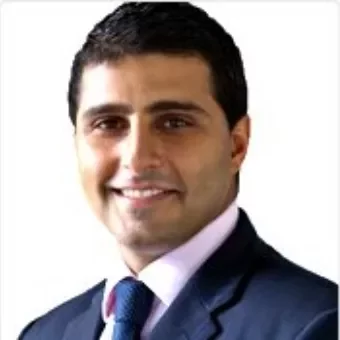Digital vs traditional marketing



The marketing discipline has undergone radical transformation in the past decade. Changing consumer behaviour and digital technologies have led to an uptick in the demand for digital marketing specialists in search, social media and display.
With digital marketing roles taking front and centre in recruitment, and a growing demand for generalists with digital skill sets, many companies are weighing up the value, and need, for traditional marketing.
So how do the two stack up in the job market today?
Marketing is one of the fastest-growing functions in companies today and last year alone, there was a 40% increase in the number of marketing jobs listed. Although digital roles dominate the job market, the industry has also seen a strong demand for trade marketing roles (24% increase YoY), brand management roles (13% increase YoY), and marketing communications (5% increase YoY).
Within the marketing and communications profession, these are the top three fastest-growing roles according to Seek:
The good news for marketers is that the industry shows no signs of slowing down. 73% of business leaders say they expect an increase in their marketing budget by 2020, and CMOs will continue to search for skilled talent to help deliver their marketing plan.
As more consumers research and purchase products online, an understanding of the consumer lifecycle in digital marketing is key.
Digital marketing specialists bring value to a company precisely because they understand different digital channels, the role they play in the customer journey and how to leverage them effectively. Digital marketers are typically experts in one field, such as paid marketing or social media marketing, and work with other marketing and sales functions to coordinate effective marketing campaigns.
Because digital channels are highly trackable, digital marketers are also well-versed in using data to make informed decisions and optimising campaigns, in order to demonstrate return on marketing investment.
Today’s digital marketing managers are expected to be a hybrid of generalists and digital specialists, managing a range of digital marketing touchpoints. However, for mid-level or junior employees, digital marketers have two choices: generalise or specialise in one function, such as CRM or paid search. Those who specialise typically earn higher salaries but may limit their careers to manager roles within that function, while generalists benefit from greater vertical and horizontal mobility.
Regardless of the industry, AdNews reports that these skills are highly sought after in digital marketing professionals:
RELATED: 6 tips on finding the perfect digital marketing candidates
Although digital marketing forms a significant part of a company’s marketing investment, traditional marketing is far from dead in the water. Traditional marketing methods such as print, broadcast and direct mail form a crucial part of an omnichannel marketing strategy, particularly for local marketing or branding.
As a generalist, traditional marketers are typically well-versed in bringing high-impact branding campaigns to life through effective and impactful offline media. These skills complement digital channels and, when the two work together, improve the impact and returns of marketing campaigns.
RELATED: Does your next marketing hire really need sector experience?
While the digital profession is experiencing a shortage of talent, the opposite is true for traditional marketers. Because of this, professionals in traditional marketing need to have proven skills and experience in:
Organisations are also fuelling the shortage in digital marketing skills by upskilling their existing marketing teams. Traditional marketers who want to future-proof their career need to demonstrate adaptability and willingness to complement their existing skillset with digital skills in order to succeed, particularly in senior positions.
As Ken Fitzpatrick, CEO of the Digital Marketing Institute puts it: “As digital technologies rapidly transform business, marketers are recognising the need to invest more resources in training and closing skills gaps. There is an urgency to cultivate a talent pool that possesses the skills necessary to help their organisations remain competitive and relevant in the digital economy.”
RELATED: What is the market like for marketing jobs in 2018?
